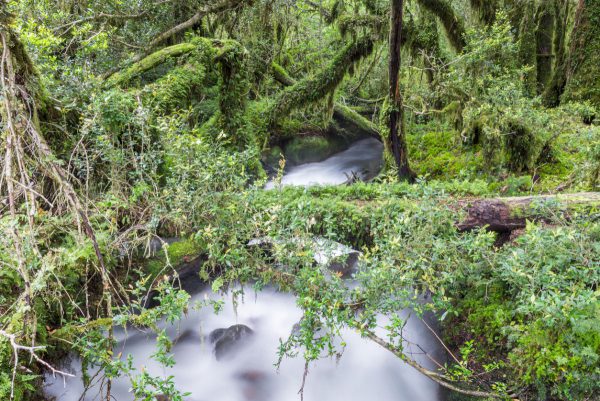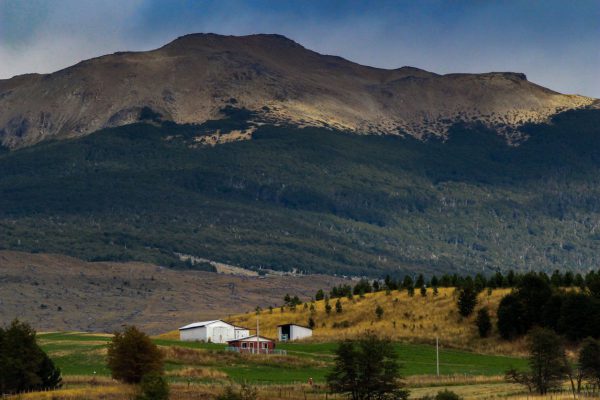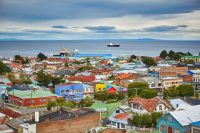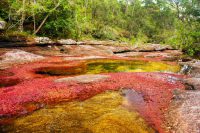Hailed as the largest donation of privately-owned land in history, one million acres (404,000 hectares) were pledged to the Chilean government on March 15 by Kris Tompkins, former CEO of clothing brand Patagonia.
The aim is that this land, which will be matched with a donation of nine million acres (over three million hectares) of federally-owned terrain, will form the basis of new national parks in Chile. The territory is all located in the Aysén region of Chile and it includes Pumalin and Patagonia parks, as well as parcels of land that will be added to the Hornopirén and Corcovado National Parks.
Tompkins Conservation and the rewilding of Patagonia
In this meeting with Michelle Bachelet, the Chilean President, Kris Tompkins was continuing the work started by herself and her husband, the late Doug Tompkins, who founded the North Face and Espirit outdoor clothing brands and tragically died in December 2015 in a kayaking accident in Patagonia.
 In the early 1990s, Doug Tompkins began his efforts to protect the Patagonian wilderness when he founded the Conservation Land Trust and acquired a plot of land that is now the location of Pumalín Park.
In the early 1990s, Doug Tompkins began his efforts to protect the Patagonian wilderness when he founded the Conservation Land Trust and acquired a plot of land that is now the location of Pumalín Park.
Since this time, a total of 12 projects to restore agricultural land to its natural state across Chile and Argentina have been implemented by Tompkins Conservation. The locations of these new protected areas range from the far north of Argentina to the very tip of Tierra del Fuego and the aim of these projects is to rectify human damage to the planet by rewilding and restoring land and introducing new forms of sustainable tourism and conservation.
Controversy and success
The initial efforts of Tompkins Conservation in Patagonia were not received positively. Locals were suspicious of their projects, concerned that this was an attempt to buy up land by foreign investors. However, this pledge to return the land to the Chilean government has proven that a commitment to the natural environment lies at the heart of all of the plans.
 What’s more, the parks that have been established by the foundation have already proven a success: new jobs have been created and animals, such as pumas and Darwin’s rheas that are otherwise at risk, have been successfully reintroduced to their native habitats.
What’s more, the parks that have been established by the foundation have already proven a success: new jobs have been created and animals, such as pumas and Darwin’s rheas that are otherwise at risk, have been successfully reintroduced to their native habitats.
The Ruta de Los Parques and the future of national parks in Chile
While most foreign visitors are perhaps best acquainted with Torres del Paine in southern Patagonia, the Chilean side of this region is home to numerous protected areas and the Chilean government is in the process of planning Los the Ruta de los Parques, a project that aimsto connect 17 national parks in the region, protect over 11 million acres (4.6 million hectares) and would serve as a sustainable tourist destination for hikers, campers, wildlife watchers and adventure sports enthusiasts alike.
This forms part of the tourism authority’s commitment to the International Year of Sustainable Tourism for Development which sees the United Nations spearheading a global campaign to encourage business practices, policies and consumer behavior to accept a more sustainable style of tourism.
No comments yet
There are no comments on this post yet.






Leave a comment